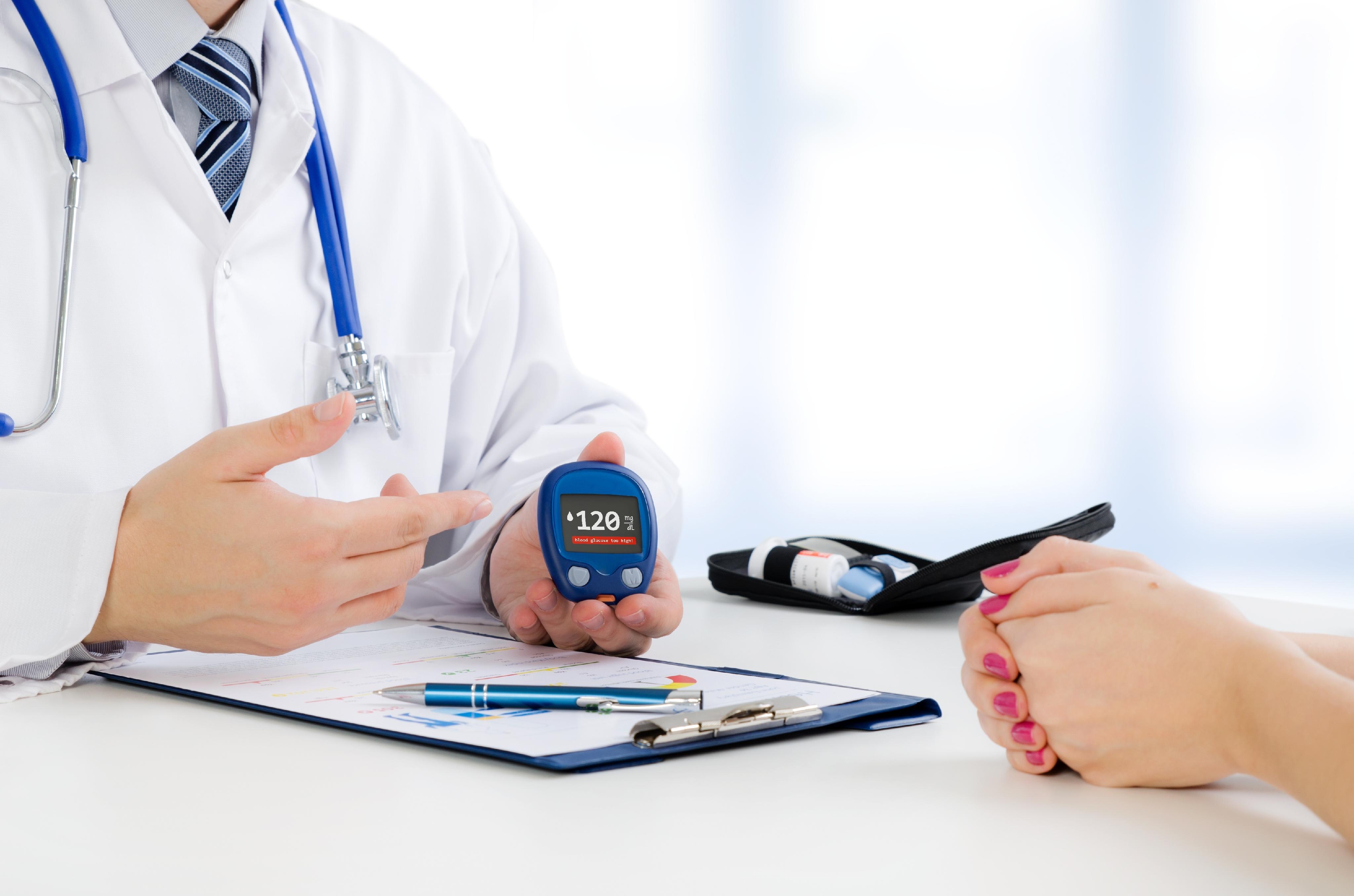5 Signs You Might Be Diabetic
By Ashmal Shah
21 May 2023
Diabetes is a chronic metabolic disorder that affects millions of people worldwide. It occurs when the body is unable to regulate blood sugar levels effectively, leading to high levels of glucose in the blood. Early detection and diagnosis of diabetes are crucial for effective management and prevention of complications. If you notice any of the following signs, it's essential to consult a healthcare professional to determine if you might be diabetic.

Frequent Urination:

One of the most common signs of diabetes is excessive urination, known as polyuria. When blood sugar levels are high, the kidneys work harder to filter and absorb the excess glucose. This process leads to increased urine production, causing frequent trips to the bathroom. If you find yourself needing to urinate more often, especially during the night, it may be a sign of diabetes.
Excessive Thirst:

Frequent urination can cause dehydration, leading to excessive thirst, known as polydipsia. When the body loses too much fluid through urination, it tries to compensate by triggering the thirst mechanism. As a result, you may find yourself constantly feeling thirsty and needing to drink more water or other fluids. If you're experiencing unquenchable thirst despite drinking an adequate amount of water, it's worth considering the possibility of diabetes.
Unexplained Weight Loss:

Sudden and unexplained weight loss can be an indicator of diabetes, especially type 1 diabetes. When the body is unable to utilize glucose for energy due to insulin deficiency, it starts breaking down fat and muscle tissue for fuel. This process can lead to rapid and unintended weight loss, even if you're eating normally or more than usual. If you're shedding pounds without any changes in your diet or exercise routine, it's important to consult a healthcare professional.
Fatigue and Weakness:

Feeling tired and weak can be attributed to various factors, but it can also be a sign of diabetes. When blood sugar levels are high, the body's cells may not receive enough glucose for energy, leading to fatigue and a general sense of weakness. Additionally, fluctuating blood sugar levels can disrupt sleep patterns, causing poor-quality sleep and further contributing to daytime tiredness. If you're constantly feeling exhausted, even after getting adequate rest, it's worth considering a diabetes screening.
Slow Healing of Wounds:

Diabetes can affect the body's ability to heal wounds effectively. High blood sugar levels can damage blood vessels and impair circulation, which is crucial for delivering nutrients and oxygen to the tissues. Consequently, minor cuts, bruises, or infections may take longer to heal than usual. If you notice that your wounds are not healing as quickly as they used to or are prone to infections, it's essential to discuss this with a healthcare professional.
Conclusion:
In conclusion, being aware of the signs that might indicate diabetes is essential for early diagnosis and timely intervention. If you experience frequent urination, excessive thirst, unexplained weight loss, fatigue and weakness, or slow wound healing, it's crucial to consult a healthcare professional.
You Might Also Want To Read This
Popular Posts








